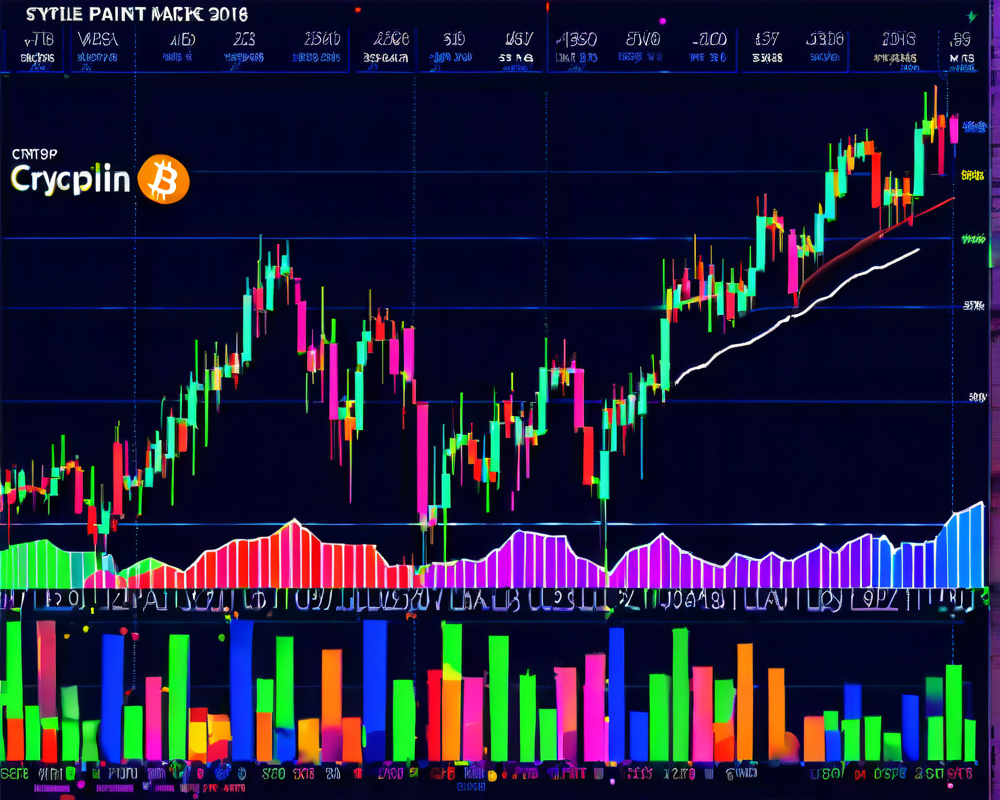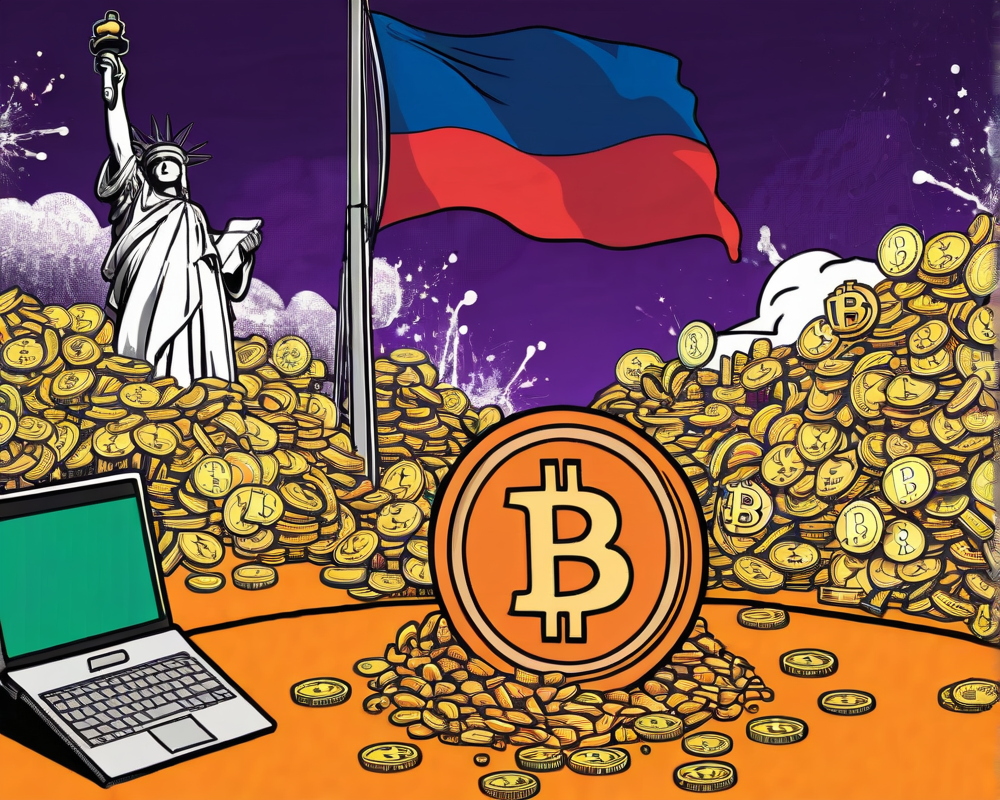Brands Must Lead the Fight Against NFT Fraud
As the nonfungible token (NFT) market continues to expand, the need for comprehensive measures to combat fraudulent activities becomes increasingly urgent. Yoav Keren, CEO of BrandShield, emphasized that while NFT marketplaces have a responsibility to address fraud, the onus falls primarily on brands to protect investors. In an interview with Cointelegraph on October 12, Keren outlined the critical role of brands in ensuring the security and authenticity of NFT offerings.
The Role of Marketplaces and Brands
Keren noted that it is generally easier for brands to identify NFTs that were not released by them than for NFT marketplaces like OpenSea or Rarible, who may lack detailed insights into the creators behind NFT launches. Given these dynamics, it becomes essential for brands to communicate transparently with their audiences regarding their NFT offerings.
Types of NFT Fraud
According to Keren, counterfeits and copyright infringements are emerging as the two most prevalent forms of NFT fraud. Counterfeit NFTs are unauthorized replicas sold alongside the original NFT releases. In contrast, copyright and trademark infringements occur when fraudsters utilize a brand’s likeness or image without permission to create and sell NFTs.
Widespread Fraud Across Platforms
Unfortunately, these issues persist across some of the largest NFT marketplaces. Keren revealed that a scan of OpenSea identified around 41,500 suspicious NFT listings featuring unauthorized likenesses or images of well-known celebrities involved in promoting NFTs or cryptocurrency. This highlights the ongoing challenges faced by consumers in distinguishing between legitimate and fraudulent listings.
Collaborative Solutions Needed
To effectively tackle NFT fraud, Keren suggests that increased reporting mechanisms should be encouraged on platforms for users to flag dubious listings. He asserted, “Ideally, brands and marketplaces should work together on solutions,” pointing out that a multifaceted approach is necessary for creating effective solutions to this challenge.
Consumer Vigilance is Essential
While Keren advocates for brands and marketplaces to step up their protective measures, he also stresses the importance of consumer diligence. Investors should verify NFT listings before making purchases by double-checking marketplace domains and only dealing with verified sellers. He cautioned that by the time marketplaces identify fraudulent activities, it may already be too late for victims.
The Broader Impact of NFT Fraud
The emergence of NFTs and metaverse technologies has opened up new avenues for scams and counterfeiting. According to recent data from crypto risk management firm Elliptic, NFT investors have lost over $100 million due to scams and thefts between July 2021 and July 2022. This statistic underscores the urgent need for vigilance from both brands and consumers to safeguard the integrity of the NFT ecosystem.
Conclusion
The increasing incidences of NFT fraud highlight critical challenges within the rapidly evolving digital art and collectibles market. As major players in the industry explore innovative ways to secure investments, the collaboration between brands, marketplaces, and diligent consumer practices will be vital for fostering a safer environment for NFTs.



